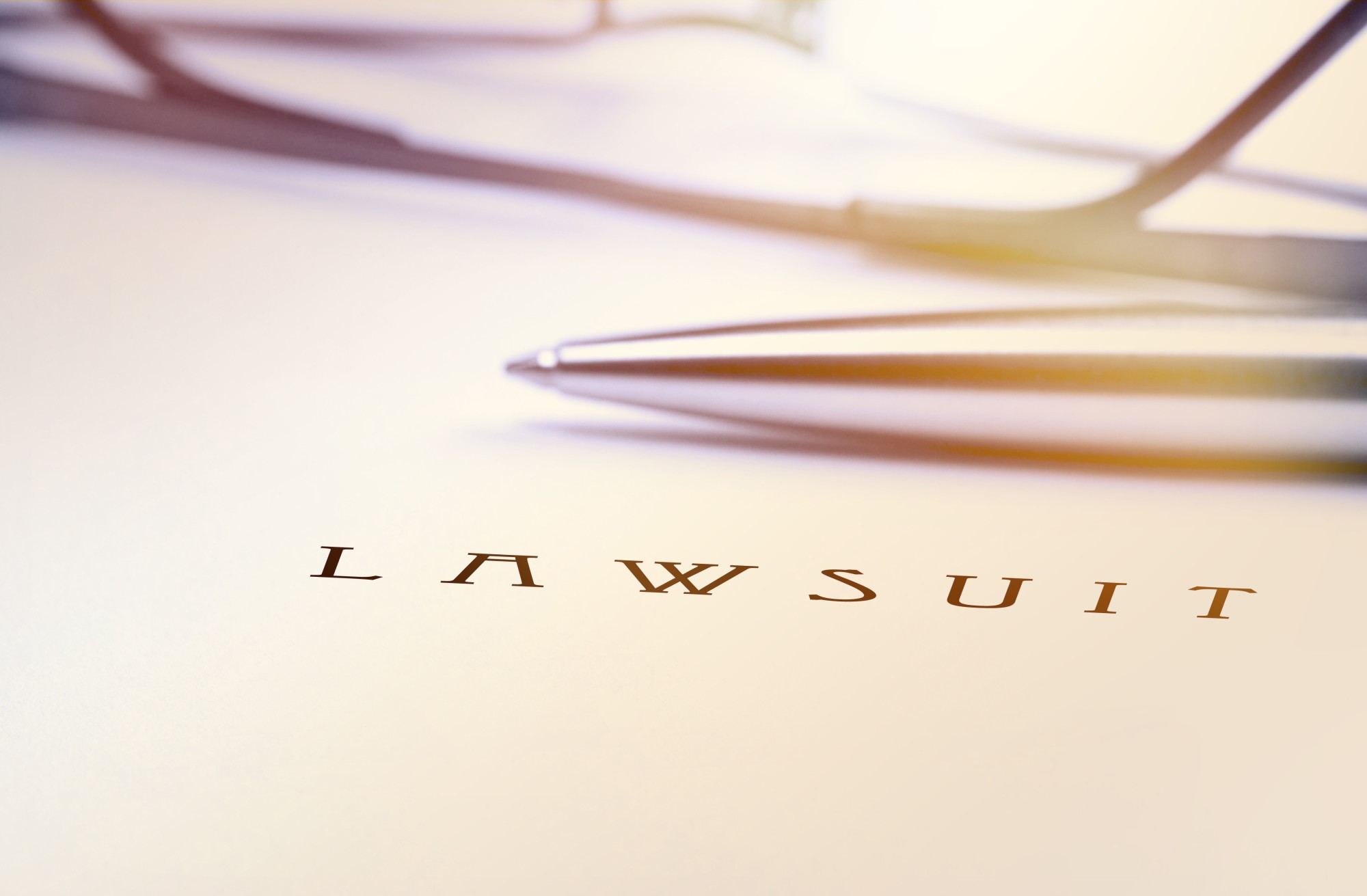If you’ve been injured while on a company’s property, you may be eligible for compensation. Getting injured is never a pleasant experience, but if you want to get reimbursed for bills and pain and suffering, a lawsuit may be necessary.
For those who need to know how to sue a business if you’re injured on their property, it’s important to know more about what your rights and responsibilities are.
Read on to discover what you need to do if you’re planning to sue a company after you’ve incurred an injury on their property.
How to Sue a Business: The Elements of a Personal Injury Case
Any company that welcomes the public onto its premises is likely already aware of the risks involved. The cost of a lawsuit to a business can be devastating, particularly if they don’t have the proper level of liability coverage.
As a customer, you should feel safe whenever you set foot on the premises of any business. Additionally, that business is obligated to provide you with a reasonably safe environment while shopping or meeting with employees to discuss business.
If a business fails to meet its obligations of safety, and you become injured, you could have a right to sue as a result of your injuries. Before you think about filing suit, there are some major elements of a personal injury case against businesses you should be aware of.
First, the business has something called a “duty of care” to its customers and employees. If the business has breached its duty of care, this is a major element of a lawsuit. If there is any harm caused by that breach of duty of care, you could have a case.
In order to win your lawsuit, you must prove that the business failed to provide you with a reasonably safe environment. So, when you want to know how to sue a business, you also need to know what types of evidence you will need to provide your attorney and the courts.
Businesses and Proving Duty of Care
Any company that allows people onto its property has a duty to provide for the safety of those people. However, that doesn’t necessarily mean that the business is always liable for injuries suffered by customers or clients.
The courts know that businesses simply can’t prevent all injuries and that the cost of preventing or paying for every single one would cause an unreasonable burden on the company. That’s why most courts have a reasonable set of standards put in place, which can vary by state.
Overall, there are some things that most courts will require and consider to be a reasonable standard of safety. For example, the business should regularly inspect their premises to ensure that there are no obvious issues that may cause harm to visitors.
They should also clean their facilities regularly to prevent slips and falls, and use proper signage indicating wet floors, etc. A mat or rug should be added to entrances of buildings, particularly when it’s raining. This can prevent water from pooling onto floors, resulting in slips and falls.
Any cracked or crumbling pavement near the business should also be repaired. These are just some simple examples of what a court would consider reasonable standards of safety that companies should have in place. If you feel a business has violated these, you’ll need a lawyer who can help you provide it in court.
Proving Breaches of Duty and Harm Caused by the Breach
If a business doesn’t hold up to its standards and duty of care, they may have breached this duty. If you slip and fall on something that has spilled in the aisle of a store, this could be considered a breach of duty of care. One example may be if the business did not maintain a proper cleanup policy.
Another example of a breach may be if an employee saw the spill but failed to clean it up quickly. These simple errors can be considered a clear breach of the duty of care for customers’ safety. As a victim, you’ll need to prove that the breach occurred and that it caused you harm.
When you’re proving harm to the courts, you can ask for compensation for things like pain and suffering, any medical bills you receive, loss of wages, and the general loss of ability to enjoy your life in the same way as you did before the injury. You can discuss how to calculate pain and suffering with your lawyer.
Overall, you’ll need to show whether or not the breach is what directly caused you harm. Let’s say you trip and fall near the entrance of a building, and there is a visible crack in the pavement walkway. If you can prove that you fell and were injured as a result of that crack, you have shown that the business failed to provide the correct duty of care.
Getting the Compensation You Deserve
Once you know more about how to sue a business after an injury on their property, you can take your case to court. Always talk to a professional injury attorney who knows more about the specific laws in your state.
With some perseverance and good evidence, you should be compensated for things like medical costs, lost income, and pain and suffering. Don’t wait to explore the possibility of a lawsuit, especially if you think you have a case.
For more information and the latest news about business, be sure to visit our website today!

